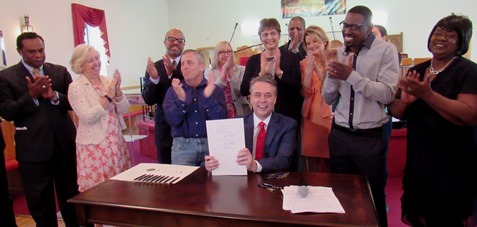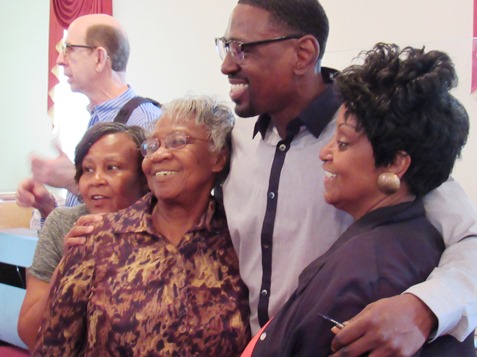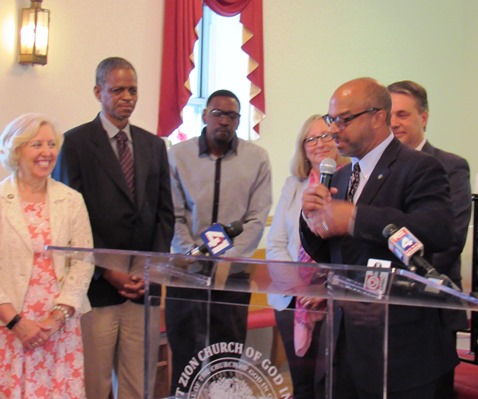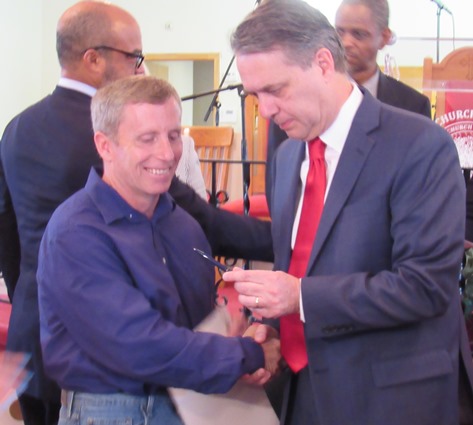by Mary Rupert
A bill was introduced in the Kansas Senate this week to expand DNA searches to closed cases.
The bill is supported by State Sen. David Haley, D-4th Dist., and human rights activist Alvin Sykes, as well as by the Innocence Project.
Law enforcement agencies frequently send DNA samples to laboratories for testing, and the labs report back the results with DNA matches in the combined DNA index system.
Currently, according to the bill’s supporters, after a person is convicted, the case is closed. When DNA tests are run, the search passes over closed cases and looks for an open case to compare. But if the search includes closed cases, sometimes a match can be made where another person has already been convicted, according to the bill’s supporters, which raises questions about whether the right person is in prison.
If closed cases are excluded from the DNA searches, information that might exonerate individuals can be missed, according to supporters of the bill. A proposed change to the law would mandate notification for both closed and open cases.
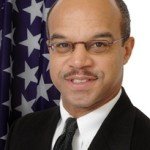
“At the end of the day, we in the legal community just want to ensure that the true perpetrators are doing the time, and that innocent people are not,” Sen. Haley said. “It’s a simple concept. Public safety is not enhanced if someone is getting away with a crime and someone else is convicted of a crime they didn’t commit.”
Sen. Haley is a member of the Judiciary Committee, which introduced the bill.
The bill also calls for authorities to share this data from both solved and unsolved cases with the prosecutors’ offices, the original defense attorney and the last known attorney of record, crime victims, surviving relatives and a local organization that litigates claims of innocence.
The bill calls for a closed case task force to develop protocols for a process to be implemented. The proposed task force would include legislators, governor’s office, attorney general, law enforcement agencies, prosecutors, indigents’ defense service, attorneys, victim services, and innocence organization litigators. The task force would submit its report by Dec. 1, 2020, under the proposed bill.
If Kansas passes the bill, it would be the first one in the country, according to supporters.
“It’s a great concept, it’s really common sense,” Sen. Haley said about the bill. “Kansas will be the first to implement it, and I suspect, once it’s passed, others will follow suit.”
Sen. Haley said he appreciated Alvin Sykes bringing this concept to him.

“When a sample of DNA is circulated nationwide seeking a matched identification it currently skips over ‘closed cases’ because somebody, possibly innocent, is already convicted for the crime and continues automatically searching ‘open’ unsolved cases for possible matches,” Alvin Sykes said in a statement.
“The Emmett Till Justice Campaign has joined forces with the Innocence Project to prove with this ‘first-in-the-nation’ legislation that if the lab results of the DNA hits are circulated amongst the prosecutors and defense attorneys associated with both ‘closed’ and ‘open’ cases we will systemically identify countless innocent people serving time for crimes they did not commit,” Sykes said in a written statement. “Kansas SB 102 was introduced as a ‘Committee of the Judiciary’ bill by courageous justice champion Kansas Sen. David Haley this week at my personal request based on research and model legislation drafted by the Innocence Project in New York. The Emmett Till Justice Campaign will keep on keeping on turning the poison coming out of Till’s murder in 1955 into the medicine of justice for countless victims of injustices, including the falsely convicted, into the infinite future. We strongly urge all justice seeking Americans to join us in support of Kansas Senate Bill 102 and all similar legislation when it rolls into your state in the future.”
Rebecca Brown, director of policy for the Innocence Project, is supporting the proposed legislation.
“The Innocence Project is thrilled to see Kansas take the lead on a critical innocence reform that will not only help to settle claims of innocence but also help to identify people who committed serious, violent crimes,” Brown said in a prepared statement. “An overlooked corner of our criminal justice system is the ‘black hole’ of ‘hits to closed cases,’ which – absent sound policymaking – will continue to enable miscarriages of justice. We are so grateful to Senator Haley for his leadership and longtime justice advocate Alvin Sykes for bringing attention to this needed area of reform. We are hopeful that Kansas will lead the nation in this important area of reform, demonstrating how stakeholders can work together to make sure our shared justice goals are realized.”
The bill, Senate Bill 102, introduced by the Senate Judiciary Committee, is online at http://www.kslegislature.org/li/b2019_20/measures/sb102/.

